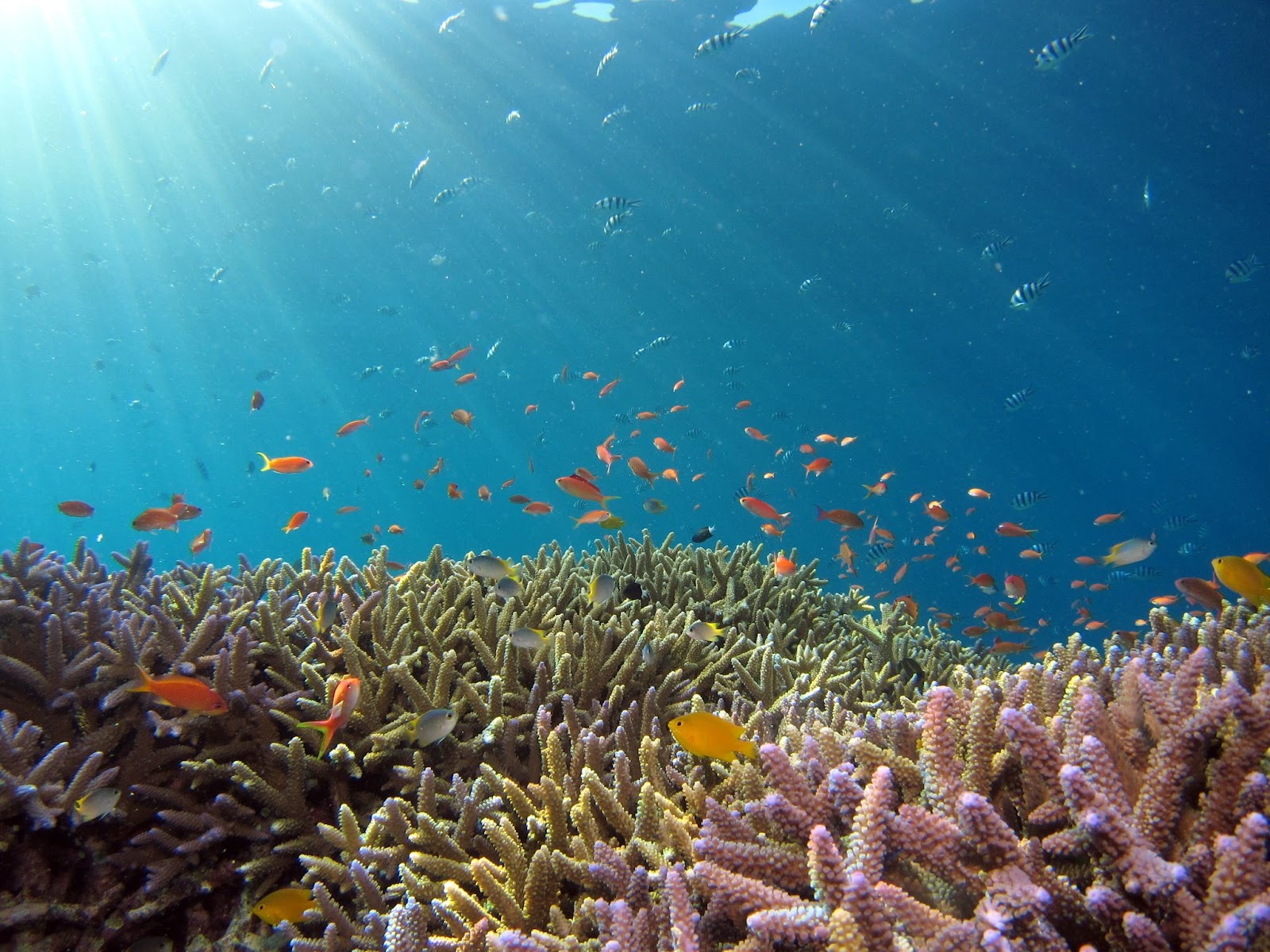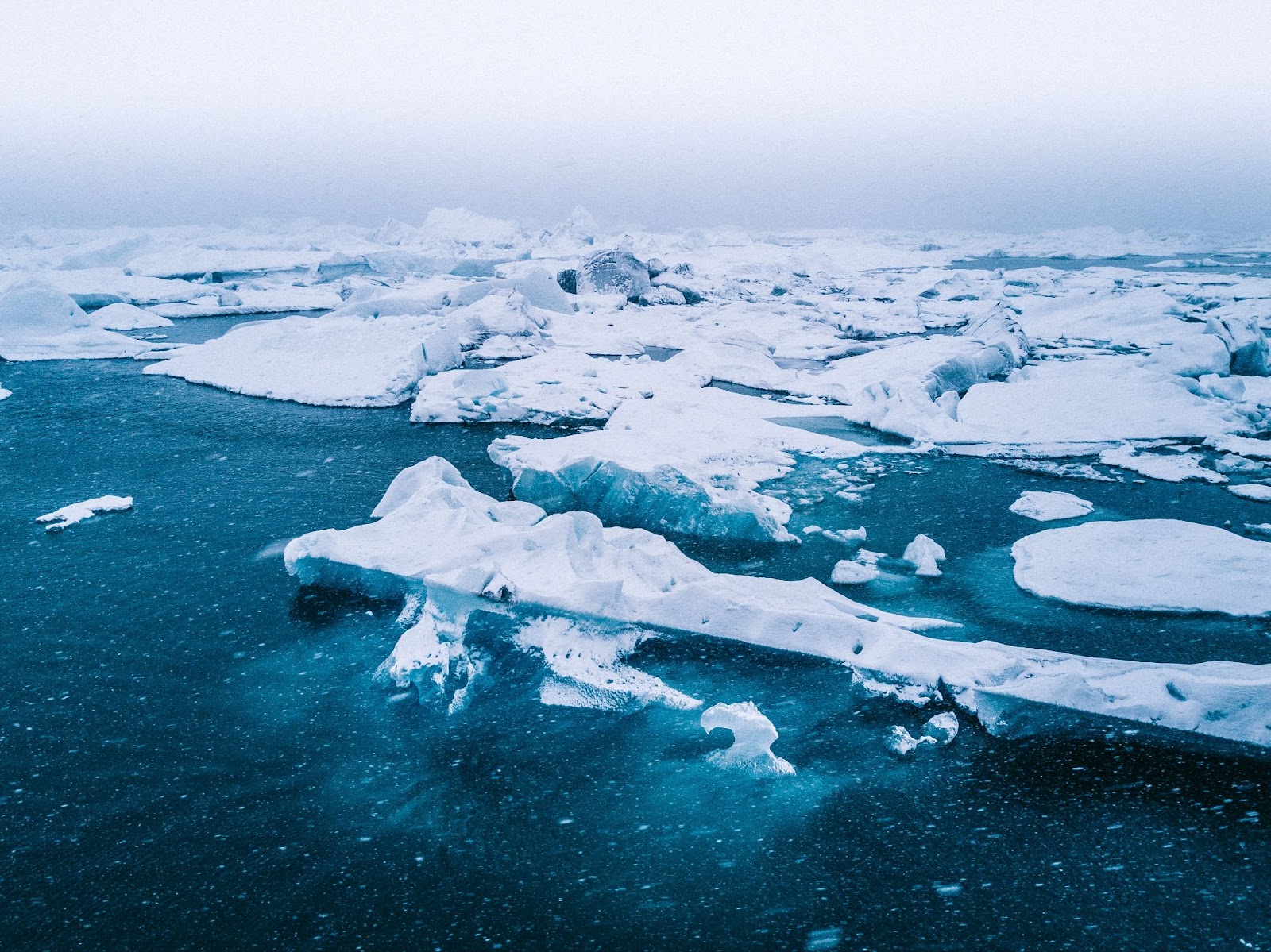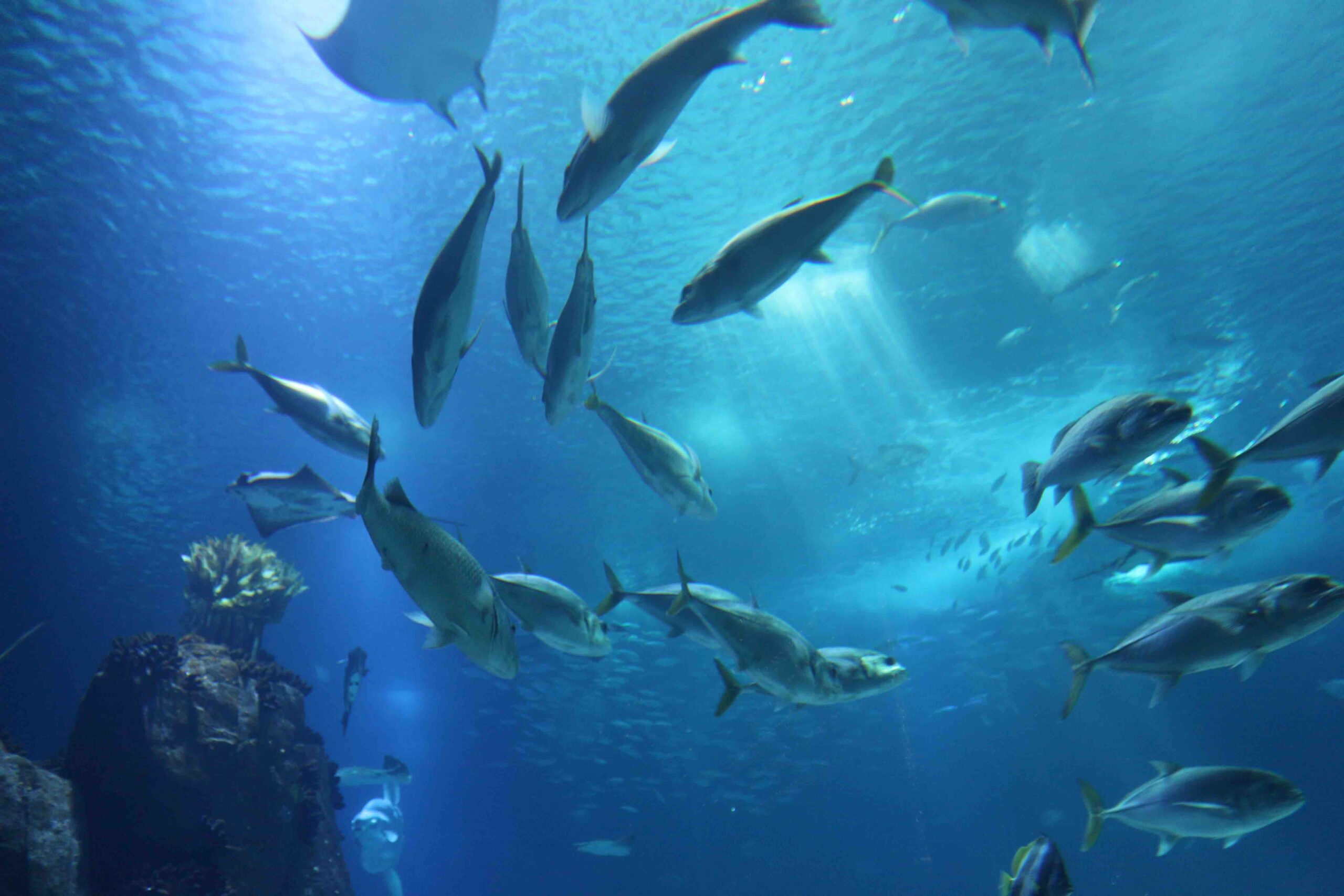The United Nations (UN) is taking action to protect the oceans from exploitation and pollution from industry. The Treaty of the High Seas, also known as the Biodiversity Beyond National Jurisdiction (BBNJ) Treaty, was adopted on June 19 and will expand marine life conservation into international waters.
It took more than 20 years to get this policy passed. The new law builds on another biodiversity protection act from December. The hope is these laws can slow or reverse the extinction of marine species.
International maritime conservation laws only protect 1.2% of the world’s oceans. This new law plans to increase that number. The treaty is a multilateral law that contains 75 articles outlining how to care for the sea properly.
It focuses on cleaning the plastic waste that continually harms the seas. The UN said more than 17 million metric tons of plastic entered the oceans in 2021, and that number could triple each year by 2040, according to the Sustainable Development Goals Report 2023. The Treaty will invoke the polluters-pay principle to incentivize waste reduction and for more accountability for “activities beyond their jurisdictions.”

Photo Courtesy Hiroko Yoshii
Fishing is also being addressed to avoid overexploitation. With over a third of the global fish stock being overexploited, the treaty will implement steps to manage the fishing industry sustainably. The UN is looking for technological solutions and more regulations from regional fisheries. Putting caps on the number of fish caught, with less bycatch, will help fish repopulate faster.
Lowering the world’s temperature is also on the docket. With sea ice disappearing at faster rates every year, the oceans must be managed to decrease their temperatures. Colder waters will preserve marine ecosystems, and some may rebound from years of acidification damage.
The agreement comes after the COP15 United Nations Biodiversity Conference in Montreal in December 2022. There, 195 nations committed to putting $30 billion a year by 2030 in a biodiversity fund, protecting 30% of the world’s land and water. The hope is this will allow nature to heal after years of climate change while preserving the biodiversity that is still present globally.

Photo Courtesy Willian Justen de Vasconcellos
“Marine biodiversity is under attack from overfishing, over-exploitation, and ocean acidification,” Antonio Guterres, UN Secretary-General, said in a June press release. “Over one-third of fish stocks are being harvested at unsustainable levels. And we are polluting our coastal waters with chemicals, plastics, and human waste.”
“The historic achievement we celebrate today is vital to address these threats and ensure the sustainability of those areas not covered under national jurisdiction — over two-thirds of the ocean,” he continued.
The UN has set an ambitious agenda to reach sustainability and environmental goals by 2030. They have 17 sustainability goals, including ending poverty, providing clean water globally, and creating sustainable communities.
Number 14 is protecting “life below water.” It highlights how citizen science has opened our eyes to the problems of ocean plastic, coastal runoff, and acidification and how maritime laws are making a significant impact on the ocean’s improvement.
More talks on increasing Sustainable Development Goals took place in late September. The UN is now hitting the midpoint of Agenda 2030, but they feel progress has stalled as the world has grappled with the COVID-19 pandemic, supply chain issues, climate crises, and several political events. It is part of the Decade of Action from 2020 to 2030 in the hope of reaching all the sustainability goals.
“We are at a moment of truth and reckoning. But together, we can make this a moment of hope,” Guterres said in the Sustainable Development Goals Report 2023. “I urge all Member States to make 2023 the moment when we jump-start progress on the SDGs to create a more peaceful and prosperous future for all.”





